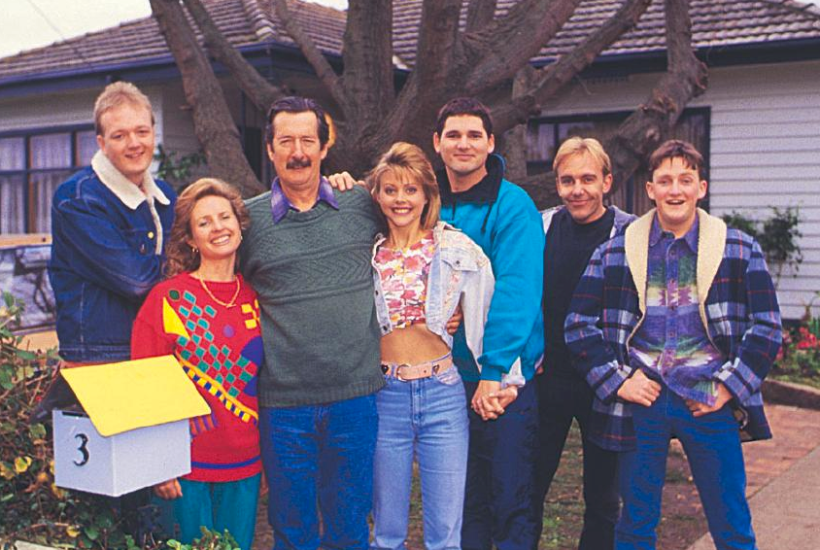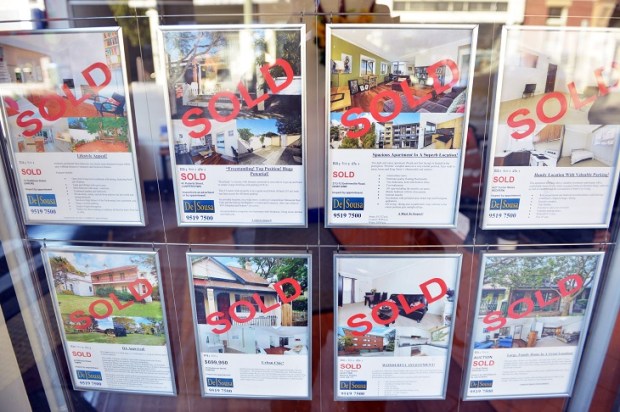We all know that with any land we ‘own’, there are rules and regulations over exactly what we can do with it. Some of these rules make sense such as a ban on burning off during the summer months, while others seem less useful and border on the pedantic. For instance, in my own suburb, we cannot fence in our front yards with walls any higher than 1.2 metres. The purpose, one assumes, is to ensure our streets maintain a certain look, to the benefit of all the residents.
If you think the rules and regulations governing how people make use of their own property are restricted to the cities and surrounding suburbs, think again. A Western Australian man living on his own patch of paradise in the outback has accumulated almost $5000 in court costs and fines for ‘camping’ on his own property in the middle of nowhere.
Roland Gopel, an introvert, bought up a quarter acre block in the remote town of Menzies, 730 kilometres northeast of Perth. He was struggling to afford rent in Perth and thought it would be a good idea to get away from it all and become self-sufficient in the bush. He purchased Lot 571 Suiter St for the princely sum of $4,500 and proceeded to set himself up with a caravan, a rainwater tank, a solar array and a satellite dish. He paid rates to the Shire of Menzies but received no services in exchange, such as waste collection.
Unbeknownst to Roland, the Caravan Parks and Camping Grounds Regulations 1997 means that his activities aren’t actually legal. According to the legislation, a person may only occupy a caravan in a licensed caravan park, or for a period of up to three nights on their own property. Any longer than that, and a person must seek written approval from local government and even if granted, you may only occupy your caravan on private land for a period of up to three months.
The Shire of Menzies has already taken Roland to court over the matter, where he was fined $1000 and $1745.50 in court costs on August 1. Every day since then that Roland stays in his caravan on his own property, he accrues a further $50 in fines, which now total almost $5000; more than he originally paid for his land. Roland has told reporters that the Shire is ‘dreaming’ if they think he will be able to pay these fines.
In truth, any legislation that restricts how people make use of their own property violates the principle of property rights. A property owner ought to be able to use his property as he sees fit, as long as he does not violate the property rights of others in the way he makes use of his land. Regulations are enforced coercively, as in the case of Roland, through legal action and fines.
Laws that restrict how private property can be used, such as the Caravan Park and Camping Regulations and zoning laws, are formulated and enforced by government bodies and often do not meet the preferences of at least some of the people they are imposed upon. Far better is to allow property owners to privately negotiate how they will make use of their properties. Restrictive covenants between property owners can allow people to decide between the relevant parties, which land uses will be agreed upon prior to purchase. That way, the people most affected by how their neighbour’s land is used, have the greater influence over any restrictions that may be mutually agreed upon.
Such a system is superior to one that is centrally planned and distant from the parties most affected by it. In Roland’s situation, he could have come to an agreement with his neighbours about his intention to live in a caravan. If they don’t have a problem with him living in his caravan, then no harm is done. After all, who else is likely to be impacted by Roland’s self-sufficient homestead, if not the people who have to live nearby?
In response to media reports of Roland Gopel’s situation, Shire of Menzies CEO Sharon Rhonda Evans said that “there was an incorrect belief within some sections of the community that people who pay their rates can do what they want with their property.” She’s right of course. Property owners and ratepayers cannot do whatever they like with their properties under the current coercive system. Our property rights are conditional.
Roland Gopel is due to appear at Leonora Magistrate’s Court on November 21, where it is likely that the fines issued by the Shire of Menzies will be upheld. In that case, Roland will be evicted from his land, despite a petition requesting that the Shire allow him to stay. Perhaps the Shire will claim his land in lieu of unpaid fines. Either way, Roland fears he will end up homeless. Once again, a coercive measure designed to improve living conditions for the many has proved to be harmful to the individual.
Further reading: O’Neill, Ben: How Zoning Rules Would Work in a Free Society.
Nicola Wright writes for LibertyWorks.
Got something to add? Join the discussion and comment below.
Got something to add? Join the discussion and comment below.
Get 10 issues for just $10
Subscribe to The Spectator Australia today for the next 10 magazine issues, plus full online access, for just $10.


























Comments
Don't miss out
Join the conversation with other Spectator Australia readers. Subscribe to leave a comment.
SUBSCRIBEAlready a subscriber? Log in